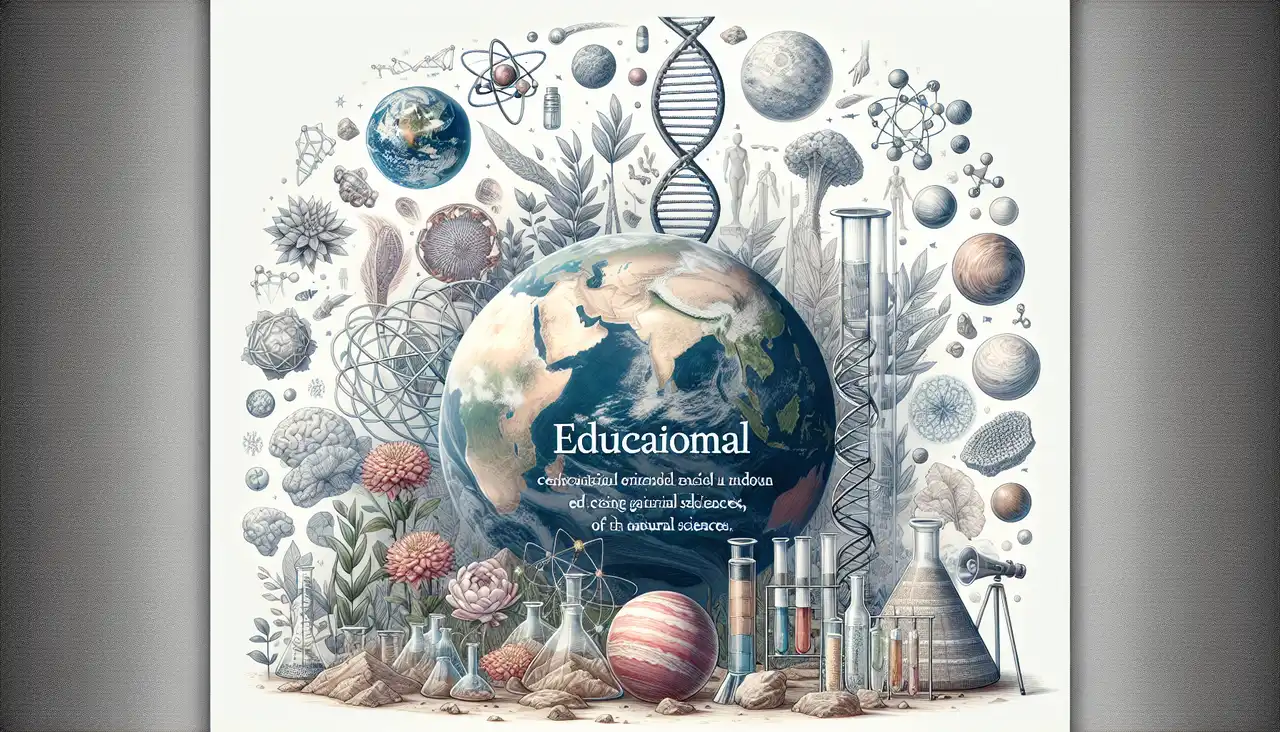

Rick Welch
Rick Welch is a distinguished scholar and Emeritus Dean of Arts and Science at the University of Maryland-Baltimore County (UMBC). With a robust academic background, he holds a Bachelor of Science in Physics, a Doctorate in Biochemistry, and completed a Postdoctoral fellowship in Theoretical Biophysics. His tenure as Dean, from 1996 to 2005, was marked by significant contributions to the academic community, after which he transitioned to a professorship in Biological Sciences, a role he fulfilled until 2010. Throughout his career, Welch has been deeply engaged in interdisciplinary research, holding affiliate appointments in the Departments of Education, History, and Human Context of Science and Technology. His scholarly pursuits are primarily focused on theoretical biophysical chemistry and the history of science, fields in which he has published extensively. His work has been recognized by his peers, as evidenced by his election as a Fellow of the American Association for the Advancement of Science in 1995. Welch is also known for his role as a co-founder of the Gordon Research Conference on "Cellular Systems Biology," which has become a pivotal forum for scientists in the field. His contributions to the scientific community extend beyond his research, as he has been instrumental in fostering dialogue and collaboration among researchers from diverse disciplines. Currently, Rick Welch resides in Cambridge, UK, where he continues his academic endeavors as an Affiliated Research Scholar in the Department of History and Philosophy of Science at the University of Cambridge. Additionally, he serves as a Visiting Fellow at Clare Hall, where he engages with scholars from around the world, contributing to the vibrant intellectual community. Welch's career is characterized by a commitment to advancing knowledge at the intersection of science and history, and his work continues to inspire both colleagues and students alike. His ongoing research and scholarly activities reflect a lifelong dedication to exploring the complexities of scientific inquiry and its historical context.
Publications
, F574-F582, 2001-04-01
, F826-F838, 2002-10-01